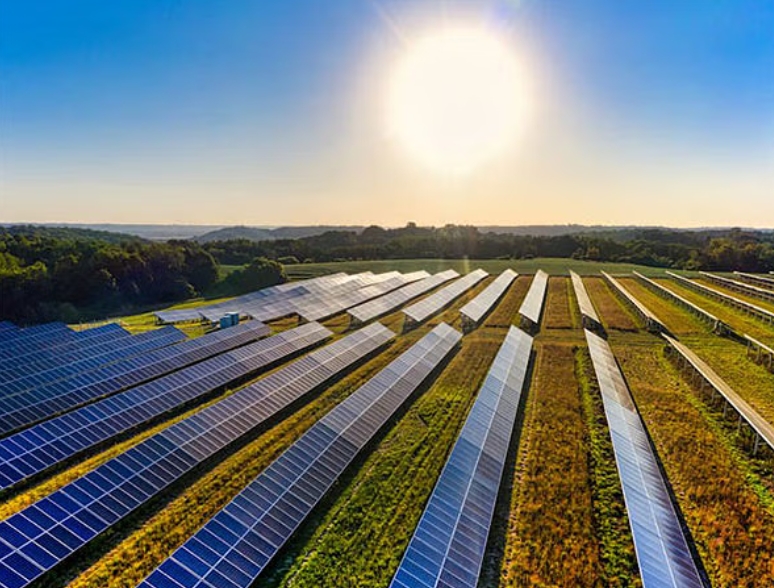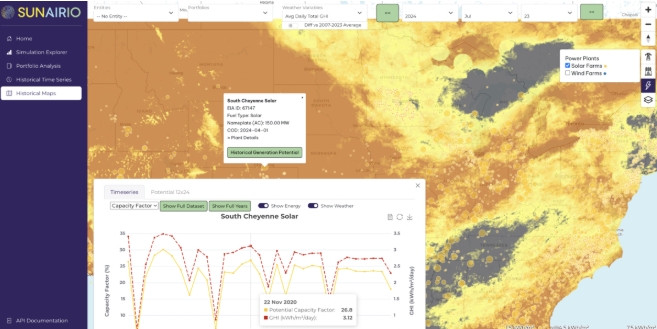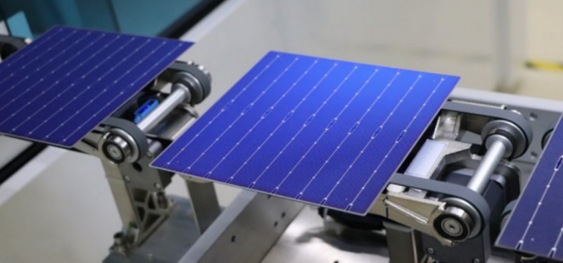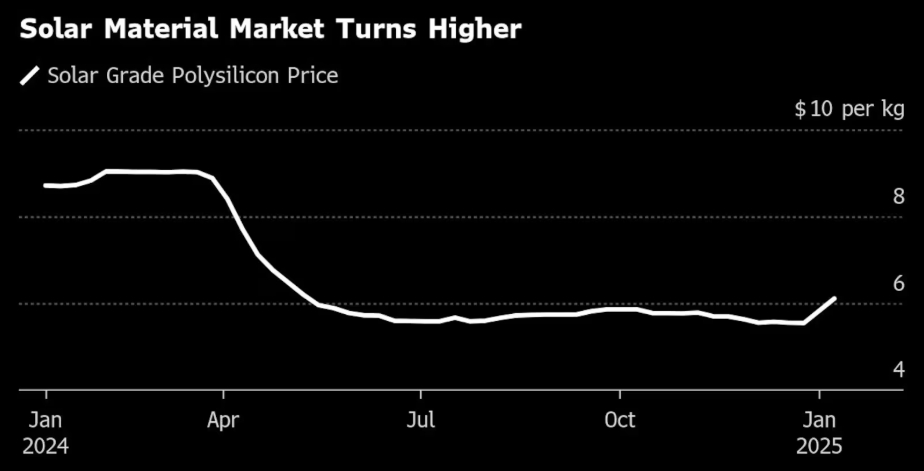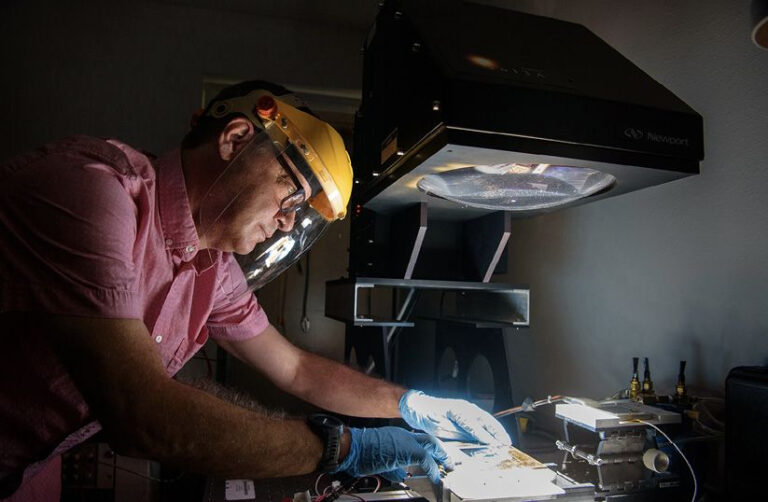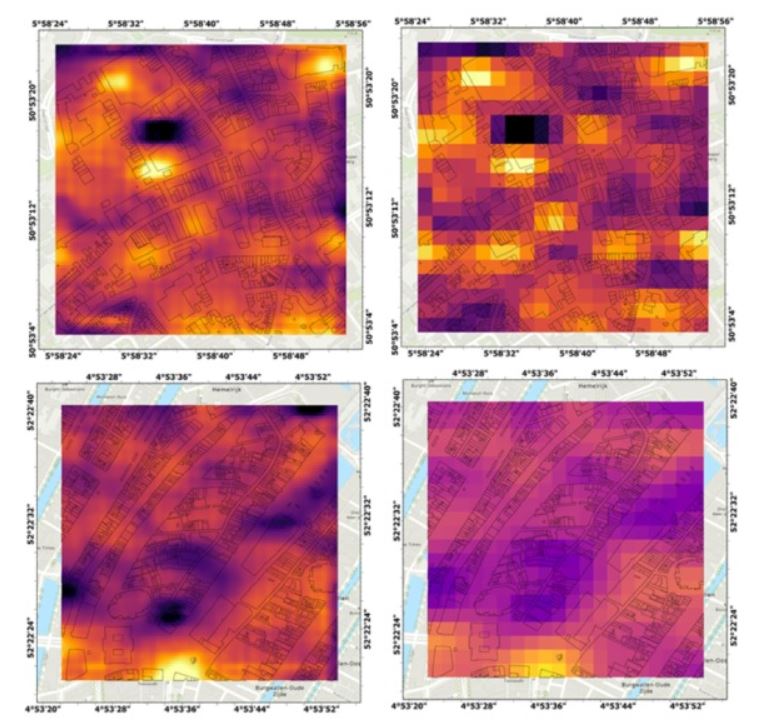The state’s Senate on November 19 voted 43-6 in favor of the Pennsylvania Clean Transportation Infrastructure Act (Senate Bill 596), sponsored by Republican Sen. Bob Mensch. The bill is now expected to be taken up in the state’s House of Representatives early next year.
If passed, the bill would establish a framework for creating electric vehicle infrastructure and establish a goal of increasing electrification by at least 50% over currently forecasted levels by 2030.
The bill would also require the development of regional electrification infrastructure frameworks in metropolitan areas, direct electric utilities to develop plans to support electrification efforts, and direct the governor to make recommendations to the legislature and the state’s public utility commission on strategies to promote clean transportation options, including vehicles fueled by compressed natural gas (CNG) and hydrogen.
Electrification efforts are sometimes coupled with microgrids, particularly when they affect industries that demand higher levels of power reliability as they come to rely more on electricity. Microgrids also are expected to help power areas of the grid that become congested due to electrification, as well as electric vehicle charging stations built in remote outposts.
Electrification frameworks
In metropolitan areas, the bill would require the development of regional electrification infrastructure frameworks in the 15 counties that have nearly 80% of the state’s registered electric vehicles. To avoid overbuilding, the bill would require that utility plans be based on third-party regional market assessments developed by independent transportation planning experts.
“Every year, we see new electric vehicles introduced in the market, and they are rapidly becoming more affordable and well-suited to our lifestyles,” Mensch said in a memo on the bill. “We’re also seeing increasing opportunities to use electricity for off-road uses in our ports, airports, and heavy equipment to drive our economy forward,” Mensch said.
Aligns with PECO Energy program
“We are definitely in support and working to build awareness around this legislation,” PECO Energy spokeswoman Alexandra Coppadge said. The bill’s goals align with the utility’s strategic aims, she said. As part of its Advancing Smart Energy effort, PECO supports legislation that enables programs and initiatives that will provide customers with more choices and improves reliability, such as clean transportation and microgrids.
PECO, a subsidiary of Exelon, serves the Philadelphia metropolitan area.
The bill was also hailed by the Natural Resources Defense Council. “This bipartisan effort will help Pennsylvania jumpstart its clean transportation network while curbing harmful climate pollution,” Kathy Harris, clean vehicles and fuels advocate at the NRDC, said in a statement. “This is a major leap forward that will help the state catch up to its neighbors across the Northeast region.”
In February, Pennsylvania’s Department of Environmental Protection published an electric vehicle roadmap that made about a dozen recommendations for steps to increase the adoption of EVs. Pennsylvania ranked 24th nationally in total EV sales in 2017, according to the report.
Microgrid bill sponsor retiring
A bill under consideration in Pennsylvania’s legislature in 2017 would have provided support for public purpose microgrids. The bill, HB 1412, was sponsored by Republican Rep. Stephen Barrar and would have allowed utilities to build microgrids. The bill never made it out of committee in the 2017-2018 legislative session and will have to be re-introduced to be considered by the legislature again, according to Amber Smith on Barrar’s staff.
